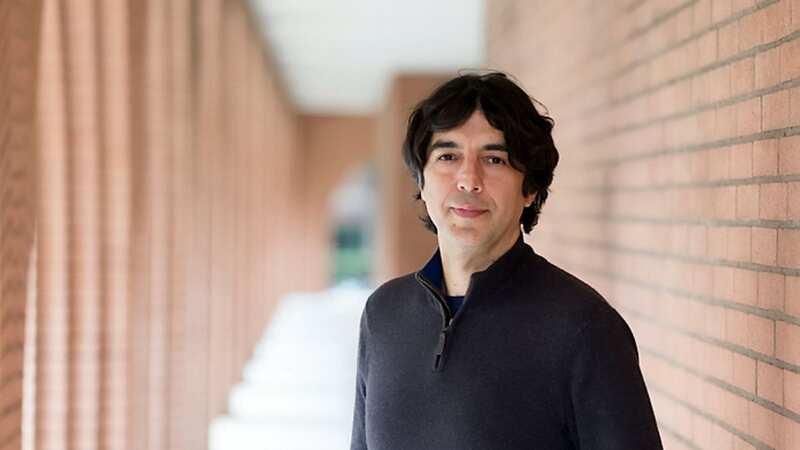'Magic' diet that lets you eat carbs and fish could help you live longer
A scientist has revealed the secret to living a long and healthy life could be connected to a new diet.
The food regime includes saying 'no' to red meat and 'yes' to eating fish, plant-based proteins and a good amount of carbohydrates at specific times. The diet, popularly called the 'longevity diet', involves carving out clear times for fasting. Navigating through the sea of diets can seem overwhelming - with many suggesting a reduction in carbs and calories.
But whether these diets help people stay healthy and live longer has not been clear. Scientists in the United States have found it is not only about what people eat, but also when they eat it. Professor Valter Longo from the University of Southern California said: "We explored the link between nutrients, fasting, genes, and longevity in short-lived species, and connected these links to clinical and epidemiological studies in primates and humans, including centenarians.
"By adopting a multi-system and multi-pillar approach based on over a century of research, we can begin to define a longevity diet that represents a solid foundation for nutritional recommendation and for future research." Scientists have been busy looking at various studies about food, health and how to live a longer life. They've researched diets that cut calories like the keto diet, and ones where you eat only plants or follow the Mediterranean way, reports Wales Online.
It also looked at various forms of fasting, including cutting out food intermittently or over longer periods of time - for two or more days several times per month. Several factors were linked with living longer and certain illnesses, like levels of insulin, cholesterol and certain proteins. The secret to living longer was eating a moderate to high amount of carbohydrates from unrefined sources, the researchers found. Also, getting the right amount of protein and enough fats from plant-based sources to provide about 30 per cent of energy needs.
 Dr Michael Mosley shares exercise that can cut cholesterol and blood pressure
Dr Michael Mosley shares exercise that can cut cholesterol and blood pressure
You should try to eat all your food in 11 to 12 hours each day and then fast. Doing a fasting diet for five days every few months is good too, to keep your insulin and blood pressure healthy. Professor Longo said: "Lots of legumes, whole grains, and vegetables; some fish; no red meat or processed meat and very low white meat; low sugar and refined grains; good levels of nuts and olive oil, and some dark chocolate."
The diet they suggest is similar to those found in "Blue Zones" like Sardinia in Italy, Okinawa in Japan and Loma Linda in California. These are places where people often live past 100 years old. The diets there are mostly made up of plants, with a bit of seafood and not much protein.
What's different about this new diet is that it also tells you when to eat and when to fast. It can be changed depending on the person's age, health, and genes. They found that people over 65 years old did better with more protein to help keep their bodies strong. Now, the researchers want to test this diet on 500 people in southern Italy. If you want to try this diet for living longer, you should talk to a doctor or nurse first. They can help you make small changes to your eating habits.
This is important because making big changes all at once can be bad for you. It can make you lose too much weight too quickly, which isn't healthy. And often, people put the weight back on once they stop the strict diet.
Professor Longo said: "The longevity diet is not a dietary restriction intended to only cause weight loss but a lifestyle focused on slowing ageing, which can complement standard healthcare and, taken as a preventative measure, will aid in avoiding morbidity and sustaining health into advanced age." The research was published in the journal Cell.
Read more similar news:
Comments:
comments powered by Disqus


































